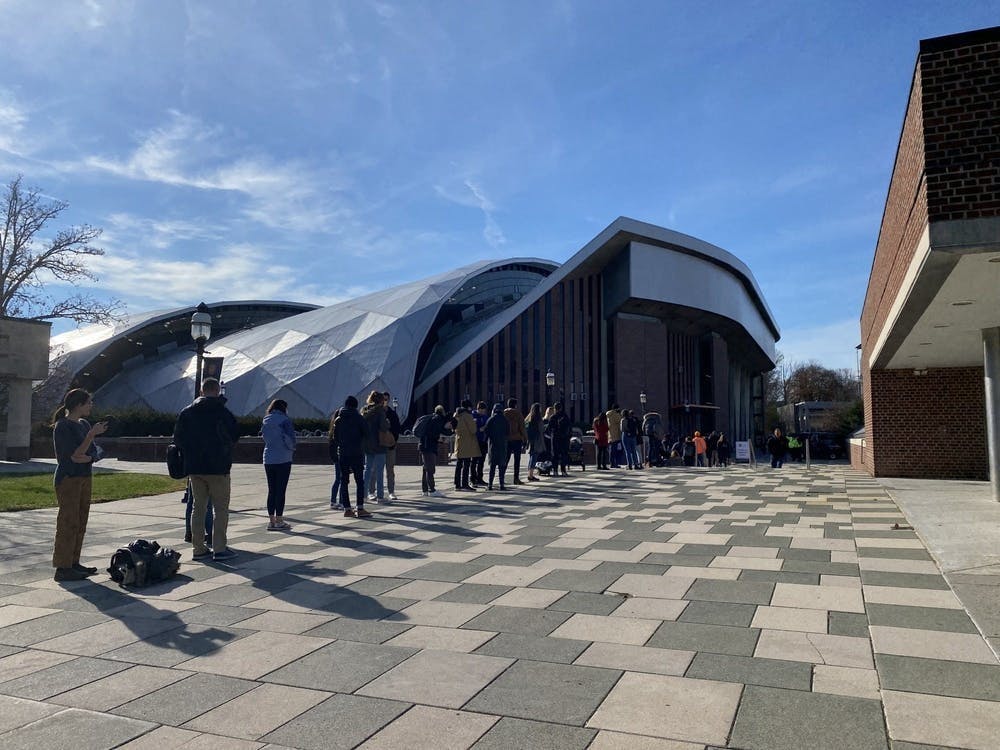On Dec. 16, the University announced that it would mandate booster doses of the COVID-19 vaccine. In its annoucement, the University cited data “indicat[ing] that COVID-19 boosters bolster protection against infection and severe disease.” It further said that starting on Jan. 31, all University affiliates had to be boosted, otherwise they could lose “prox access to campus facilities” and progression towards their degree.
I believe that while Princeton can strongly recommend booster vaccines, it should not mandate further vaccination.
In the same email, the University stated that “early data indicate that COVID-19 boosters bolster protection against infection and severe disease.” And while some studies have concurred with the University’s assessment, others like a South African study from January found that booster doses of messenger RNA vaccines “failed to block omicron in a study of some of the first documented breakthrough [omicron] cases.”
Unfortunately, students’ triple-boosted status has not eliminated the presence of COVID-19 on Princeton’s campus: the University experienced a spike in COVID-19 cases in the weeks before spring break despite 98 percent of undergraduate students who were eligible being triple-vaxxed, according to the University’s COVID-19 Dashboard.
On top of the fact that boosters cannot eliminate the spread of COVID-19, some experts are starting to worry that repeated boosters could weaken recipients’ immune responses. Similarly, Bloomberg reported in January that the European Medicines Agency found that “repeat booster doses every four months could eventually weaken the immune response and tire out people.”
On a more personal note, less than two weeks after getting the booster, I developed a full-body rash and constant itch that has required me to be on Cetirizine since. My allergist off-campus tells me that the rash may be partly attributed to the booster, adding that the Princeton Allergy & Asthma Clinic has observed more patients coming in with rashes after receiving the booster.
My health was fine before the booster. And given that most people who caught omicron experienced mild symptoms, I would rather risk the chance of experiencing worse symptoms and not get the booster than take a gamble with a fourth dose.
Toward the end of spring break, the University implemented a new testing policy that only requires students to submit one COVID-19 test per month and formally lifts its indoor mask mandate. I found these decisions to be contradictory with Princeton’s booster mandate. If the booster mandate is an effort to protect students against the threat of COVID-19, then lifting the mask policy and reducing testing frequency only undermines this effort. Rather than solely relying on boosters, maintaining mask-wearing and social distancing is as important in fending off omicron or other future COVID-19 mutations.

Instead of relying on COVID-19 boosters, the University ought to take other measures to continue protecting our community.
Kelsey Ji is a sophomore from Cambridge, Mass. She can be reached at xingej@princeton.edu.









